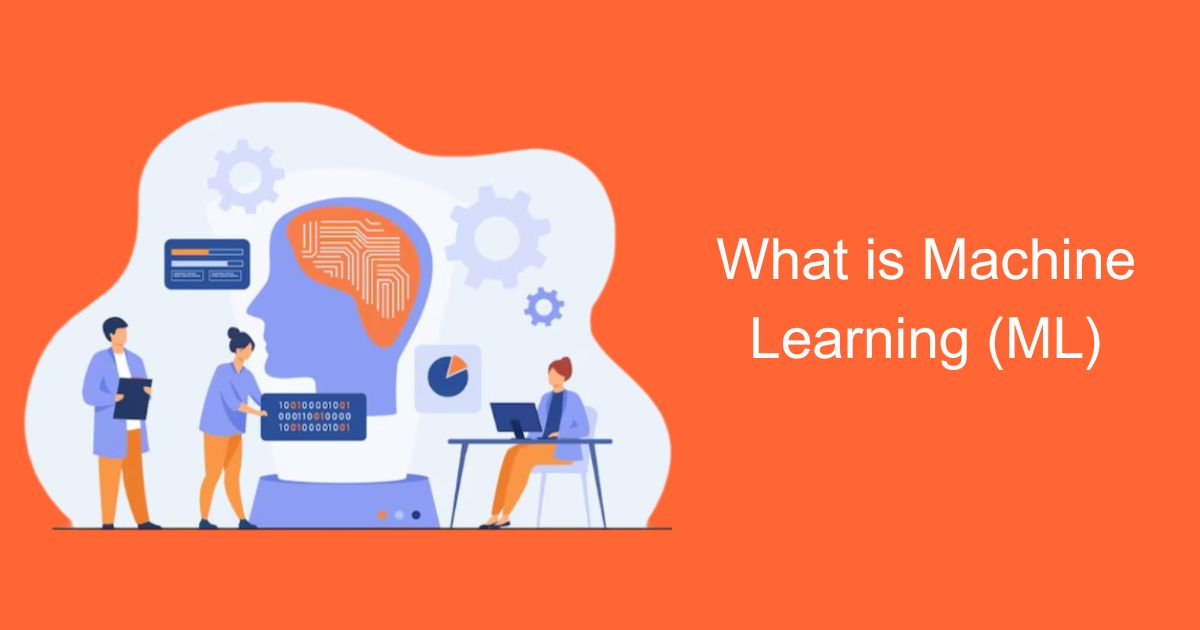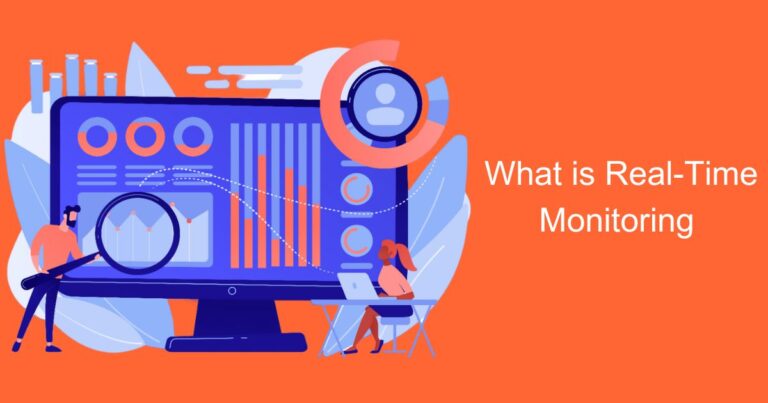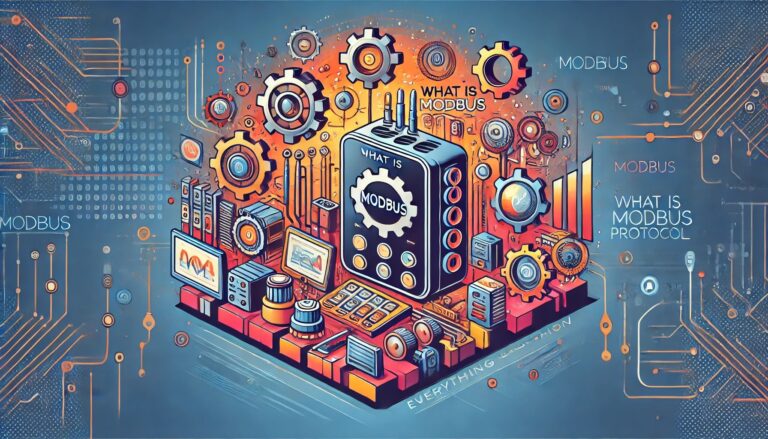Introduction
In today’s rapidly evolving technological landscape, Machine Learning (ML) stands as a transformative force driving innovation across industries worldwide. In the Indian context, the impact of ML is profound, reshaping sectors from healthcare to finance, agriculture to manufacturing. Let’s we delve into the what is Machine Learning (ML), its applications, and its implications for India’s future.
Understanding Machine Learning (ML)
Machine Learning (ML) is a branch of Artificial Intelligence (AI) that empowers systems to learn and improve from experience without being explicitly programmed. It revolves around algorithms that enable computers to analyze data, recognize patterns, and make decisions or predictions based on that data. Unlike traditional programming, where rules are explicitly defined, ML algorithms learn iteratively from data, making them capable of handling complex tasks with unprecedented accuracy.
Applications of Machine Learning (ML) in India
Healthcare
In India, Machine Learning is revolutionizing healthcare by enhancing diagnostics, predicting disease outbreaks, and personalizing treatment plans. Startups and research institutes are leveraging ML to analyze medical images, detect anomalies early, and recommend tailored therapies, thereby improving healthcare accessibility and outcomes across diverse populations.
Agriculture
Agriculture, a cornerstone of India’s economy, benefits significantly from ML applications. Predictive analytics powered by ML models can forecast crop yields, optimize irrigation schedules, and recommend suitable crop varieties based on soil and weather conditions. This data-driven approach helps farmers mitigate risks and maximize productivity, contributing to food security and sustainable farming practices.
Finance
In the financial sector, Machine Learning algorithms analyze vast volumes of financial data to detect fraud, assess credit risks, and automate trading strategies. Indian banks and fintech companies use ML to personalize customer experiences, offer targeted financial products, and streamline operations, fostering a robust and inclusive financial ecosystem.
Education
ML is transforming education in India by personalizing learning experiences, identifying student performance patterns, and recommending adaptive teaching strategies. EdTech platforms employ ML algorithms to deliver customized content, assess student progress in real-time, and improve educational outcomes through data-driven insights.
Manufacturing and Industry 4.0
India’s manufacturing sector is embracing Industry 4.0 with Machine Learning (ML) at its core. Predictive maintenance powered by ML algorithms minimizes downtime, optimizes supply chains, and enhances production efficiency. Robotics and automation systems equipped with ML capabilities are reshaping factory floors, driving innovation, and improving competitiveness on a global scale.
Challenges and Opportunities
While Machine Learning (ML) promises transformative benefits, its adoption in India faces challenges such as data privacy concerns, the need for skilled talent, and infrastructure limitations. Addressing these challenges requires collaborative efforts from government, academia, and industry to foster a conducive ecosystem for ML research, development, and deployment.
Future Outlook
Looking ahead, Machine Learning’s trajectory in India is promising. With initiatives like the National AI Strategy and increased investments in AI research and development, India aims to position itself as a global AI hub. The integration of ML with emerging technologies like IoT, blockchain, and quantum computing is set to unlock new frontiers of innovation, driving economic growth and societal progress.
Conclusion
Machine Learning is not just a technological advancement; it’s a catalyst for transformation across sectors, reshaping how businesses operate, how governments deliver services, and how individuals interact with technology. In India, ML’s journey is marked by innovation, challenges, and immense potential. As we embrace this era of AI-driven possibilities, understanding and harnessing Machine Learning’s capabilities will be pivotal in shaping a sustainable and inclusive future for all. In essence, Machine Learning is not just about algorithms and data; it’s about leveraging technology to solve real-world challenges and propel India towards a digital, data-driven future.








